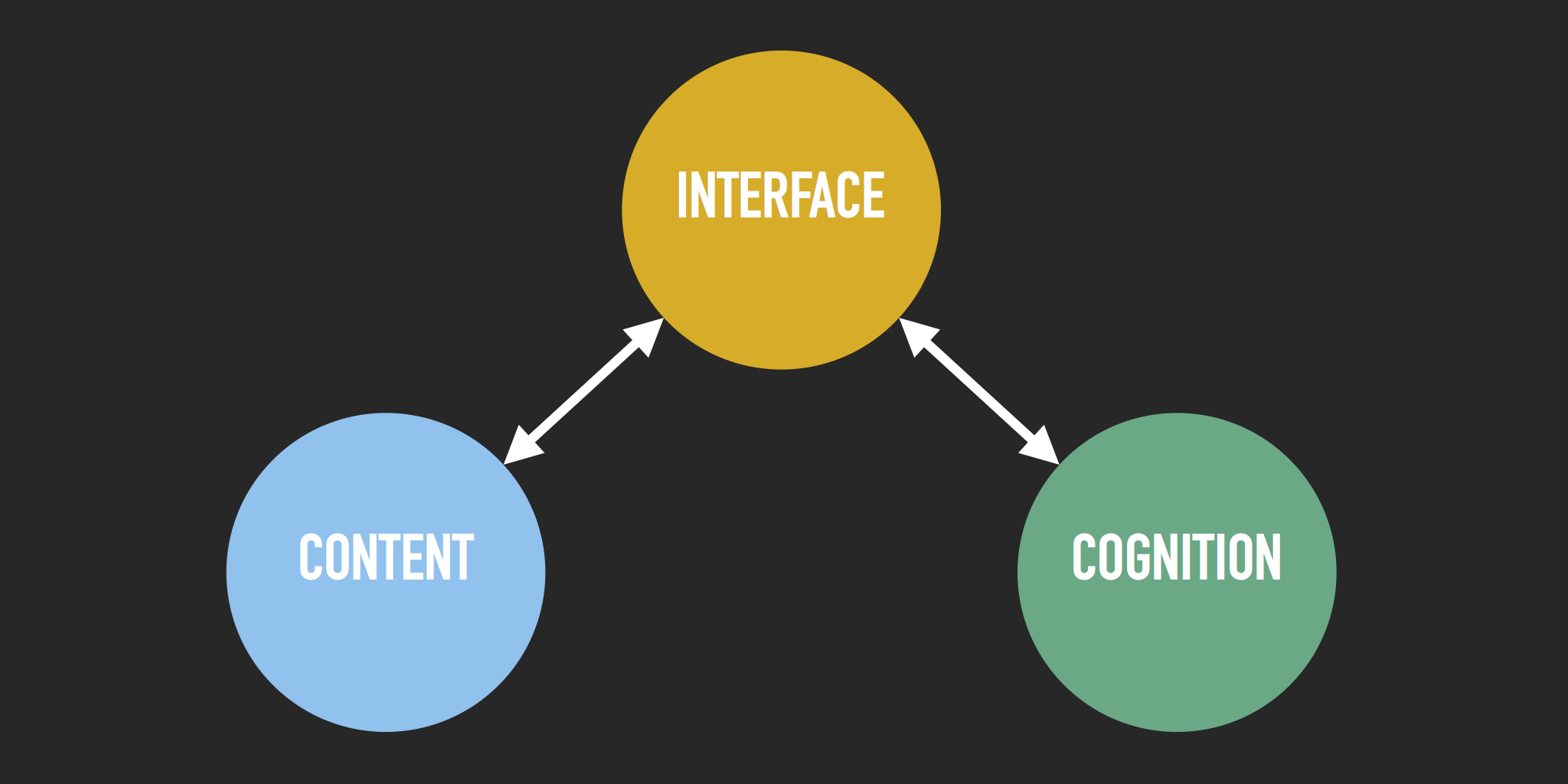Overview
In this course we will examine the use of computer systems to aid in game design, drawing upon tools of artificial intelligence and operations research. The effectiveness of video games and virtual worlds depends on a precise interplay between a person’s cognition (an inner environment), the game’s controls (an interface), and a fictional universe (an outer environment); the interplay is concerned with attaining design goals by adapting the inner environment to the outer environment. We will explore the way in which that adaptation of environments in games is brought about, which is the central concern of game design. The exploration will primarily involve the analysis, design, development, and validation of computational models that serve as proxies of inner environments, outer environments, and interfaces to help designers construct artifacts aimed at changing a player’s existing actions into preferred ones.
Objectives
Introduction to computational modeling of the game design process, including modeling anticipated effects of designs on potential players and constructing virtual environments to elicit particular behaviors.
For students with a primary background in computer science: exposure to theories from other disciplines, including: narrative, linguistics, cognitive psychology, and design.
For students with a primary background in design, social science, or the arts: exposure to representing and reasoning over human-centered design knowledge in artificial intelligence and operations research.
Expected Learning Outcomes
Upon successful completion of this course, a student will be able to:
Discuss fundamental issues and perspectives surrounding the design of video games and virtual worlds.
Understand how utility theory and decision theory can serve as a logical framework for rational choices among designed alternatives.
Identify the body of techniques for modeling how players make optimal and satisficing decisions in game contexts.
Model how players seek alternatives and outcomes through means-ends reasoning.
Identify opportunities to precisely structure the design of games to elicit specific behaviors from their players.
Class Details
Term: Spring 2018
Location: M LI 1715
Date and Time: MW / 01:25PM-02:45PM
Instructor: Rogelio E. Cardona-Rivera
Website:
Syllabus:
Prerequisites:
Graduate Standing in the School of Computing, or permission of the instructor.
Note: The focus of the course is interdisciplinary, and I hope to attract students with interest both inside and outside computing / computer science. While the emphasis of this course will be on computational techniques from artificial intelligence, the scope encompasses human-centered theoretical, design, and engineering issues that arise from designing video games. Thus, the course will benefit from the participation of students with diverse disciplinary traditions.
Format:
Class format is a combination of seminar and lecture, drawing from texts from artificial intelligence, game design, cognitive psychology, computational narratology, linguistics, narrative and film theory, and sociology. Grading is based on class participation (via discussions and in-class presentation) as well as a term project.
Textbook:
None. All assigned readings will either be made available by the instructor or by the university library.
